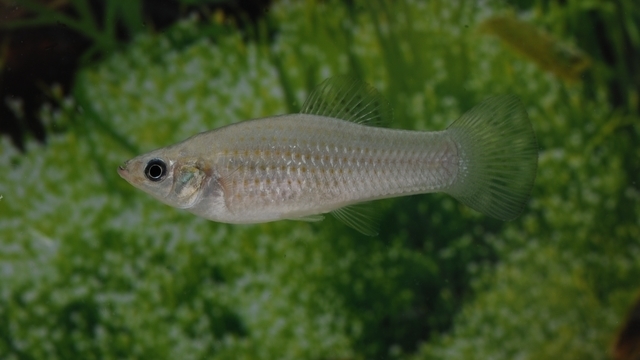 An Amazon molly, Poecilia formosaMANFRED SCHARTL
An Amazon molly, Poecilia formosaMANFRED SCHARTL
The Amazon molly (Poecilia formosa) is a species of freshwater fish native to Mexico and the southwestern United States. The fish—like their namesake, the mythical Amazonian warriors—are all female. They reproduce asexually, a process long thought to be detrimental to a species’s long-term survival. But new findings, published Monday (February 12) in Nature Ecology & Evolution, reveal that the molly’s genome is surprisingly robust.
“The genetic health of this asexual vertebrate is surprising given the accumulation of genomic damage that is expected to follow from asexual reproduction,” wrote Pedram Samani of the Georgia Institute of Technology and Max Reuter of University College London in an accompanying editorial. “The main finding of the paper is that the species is in remarkably good genomic health.” Samani and ...














